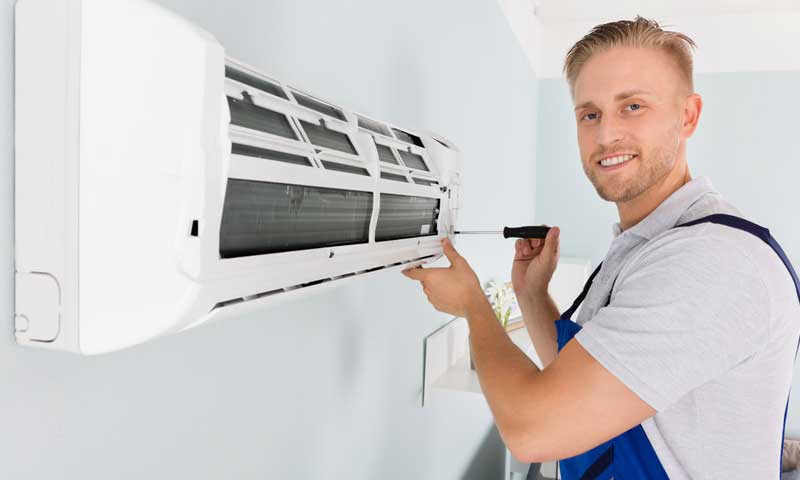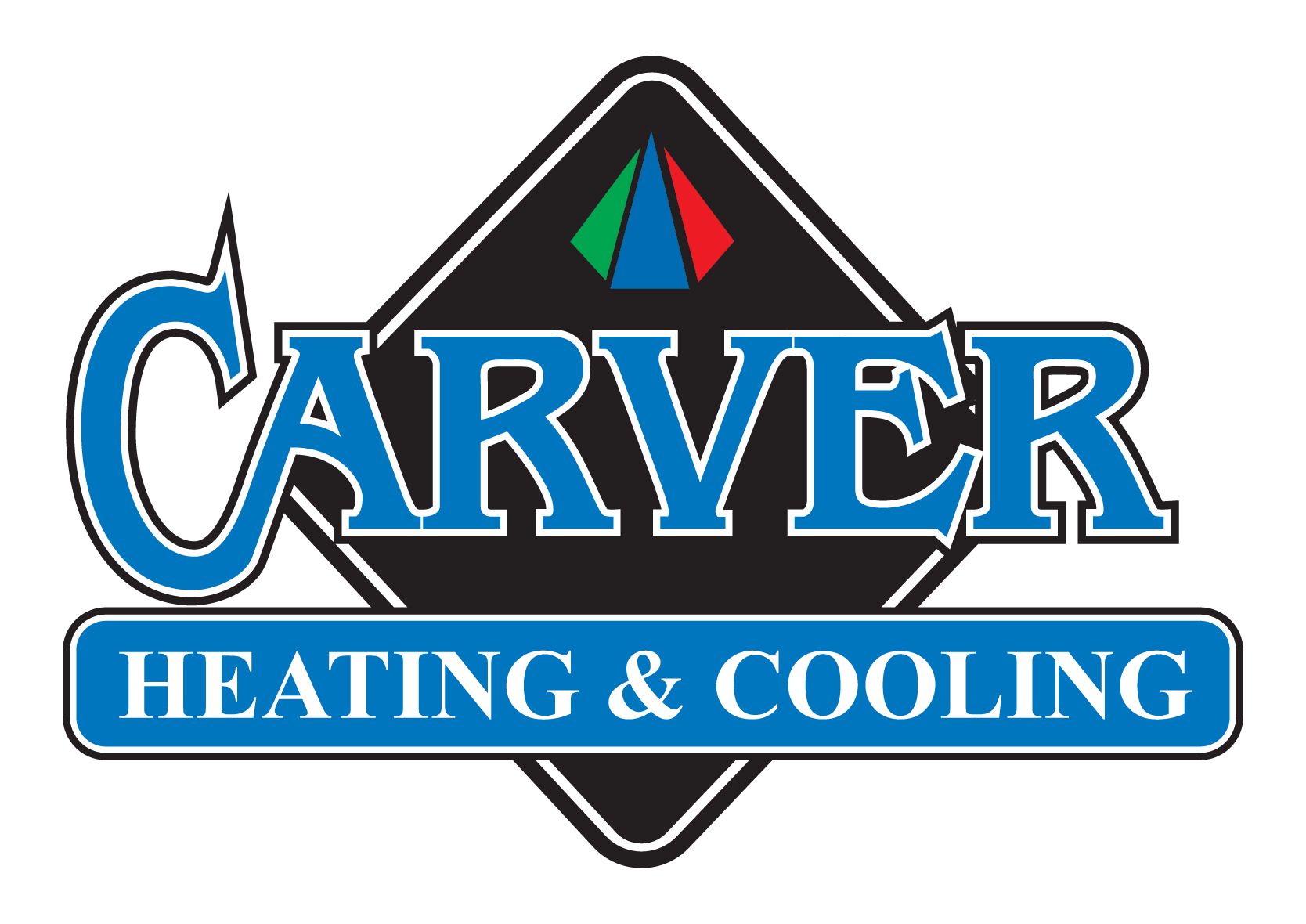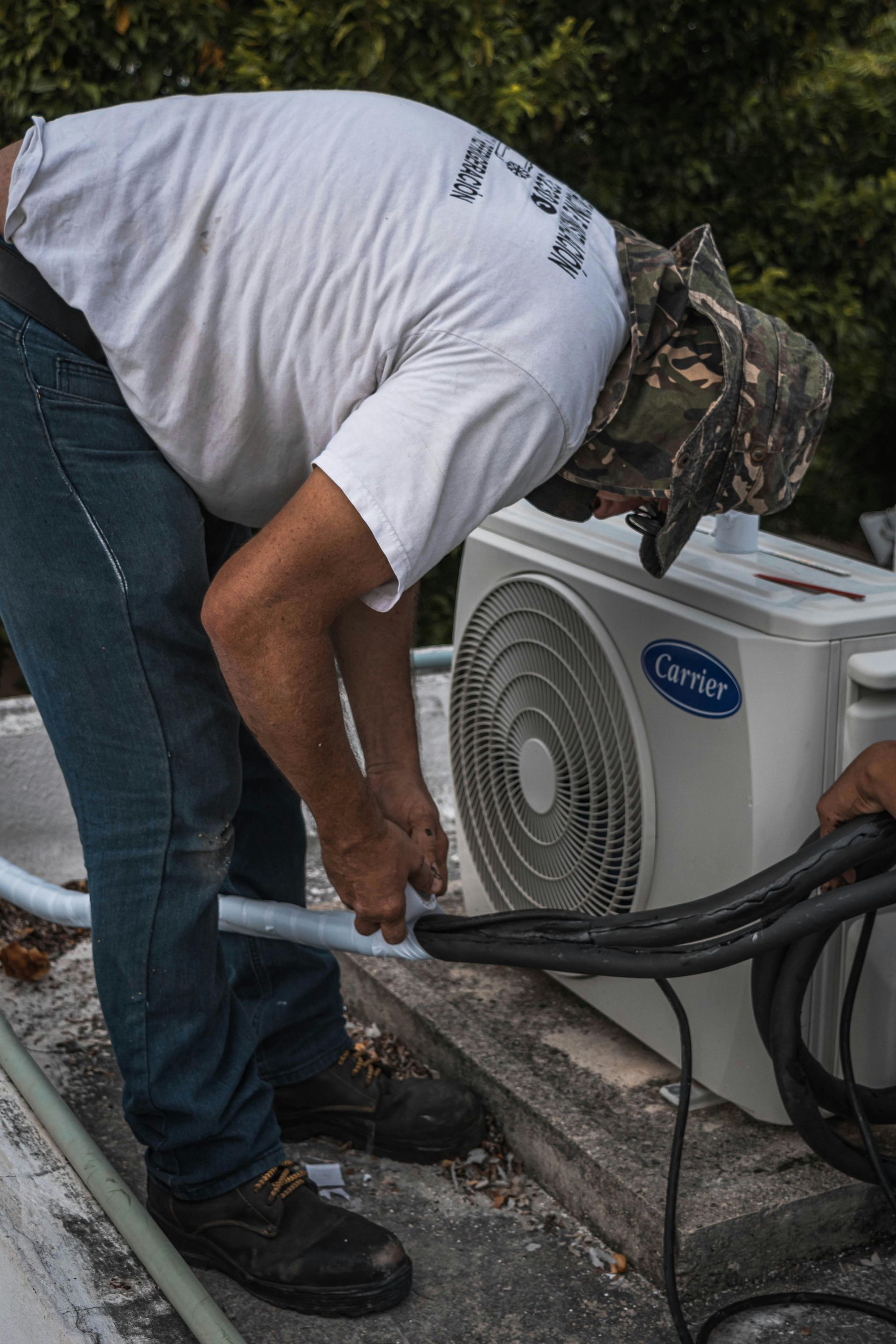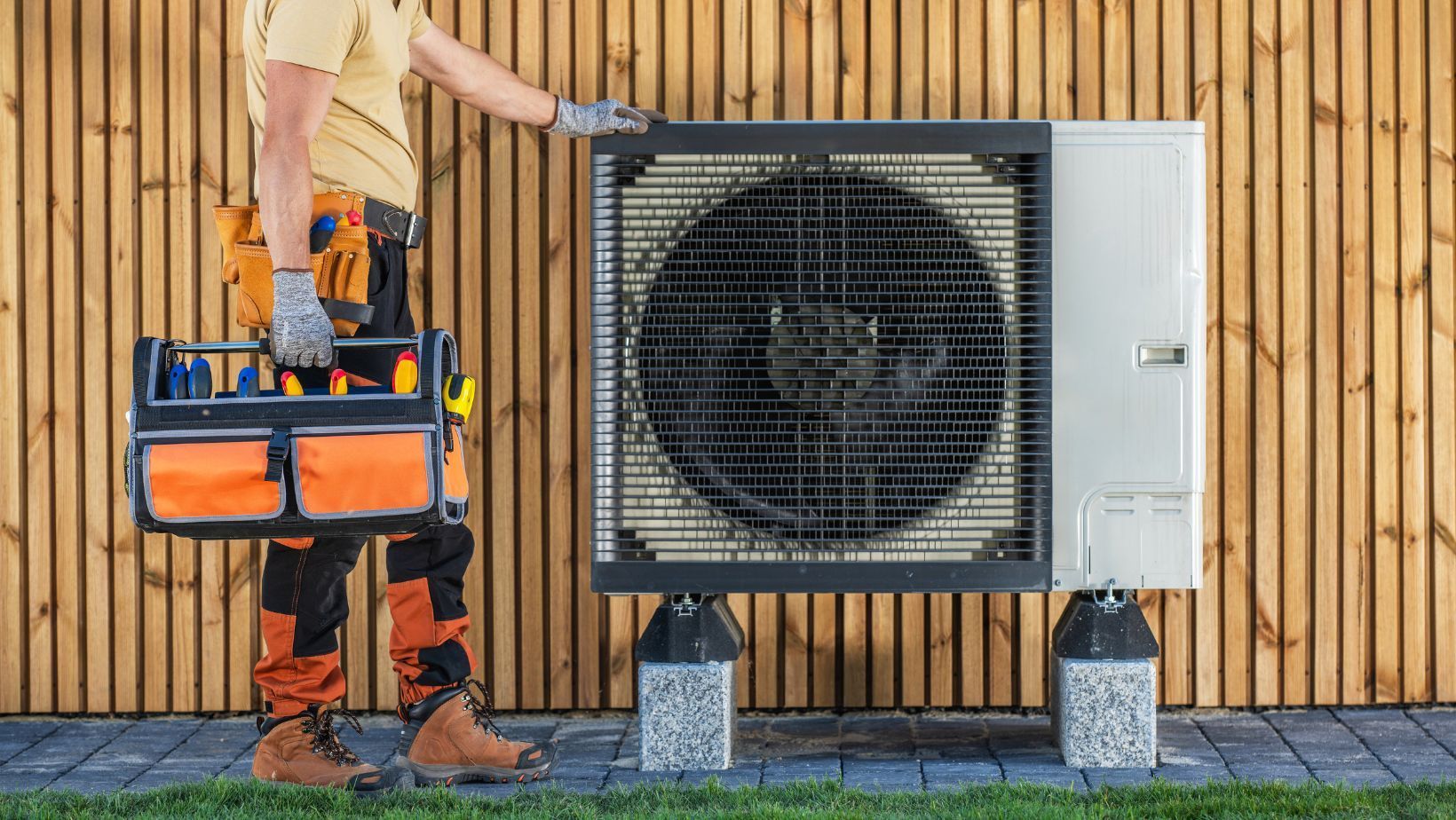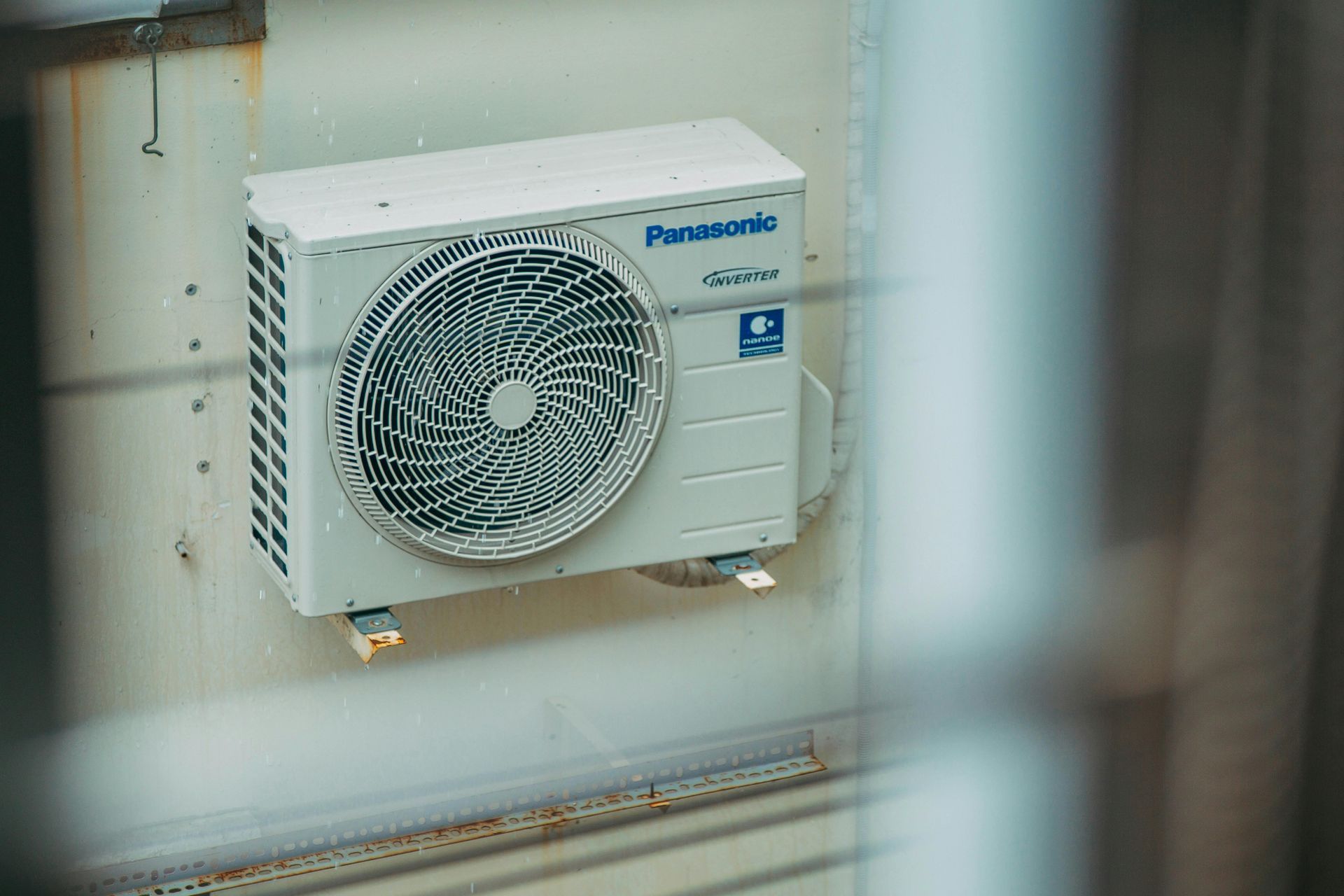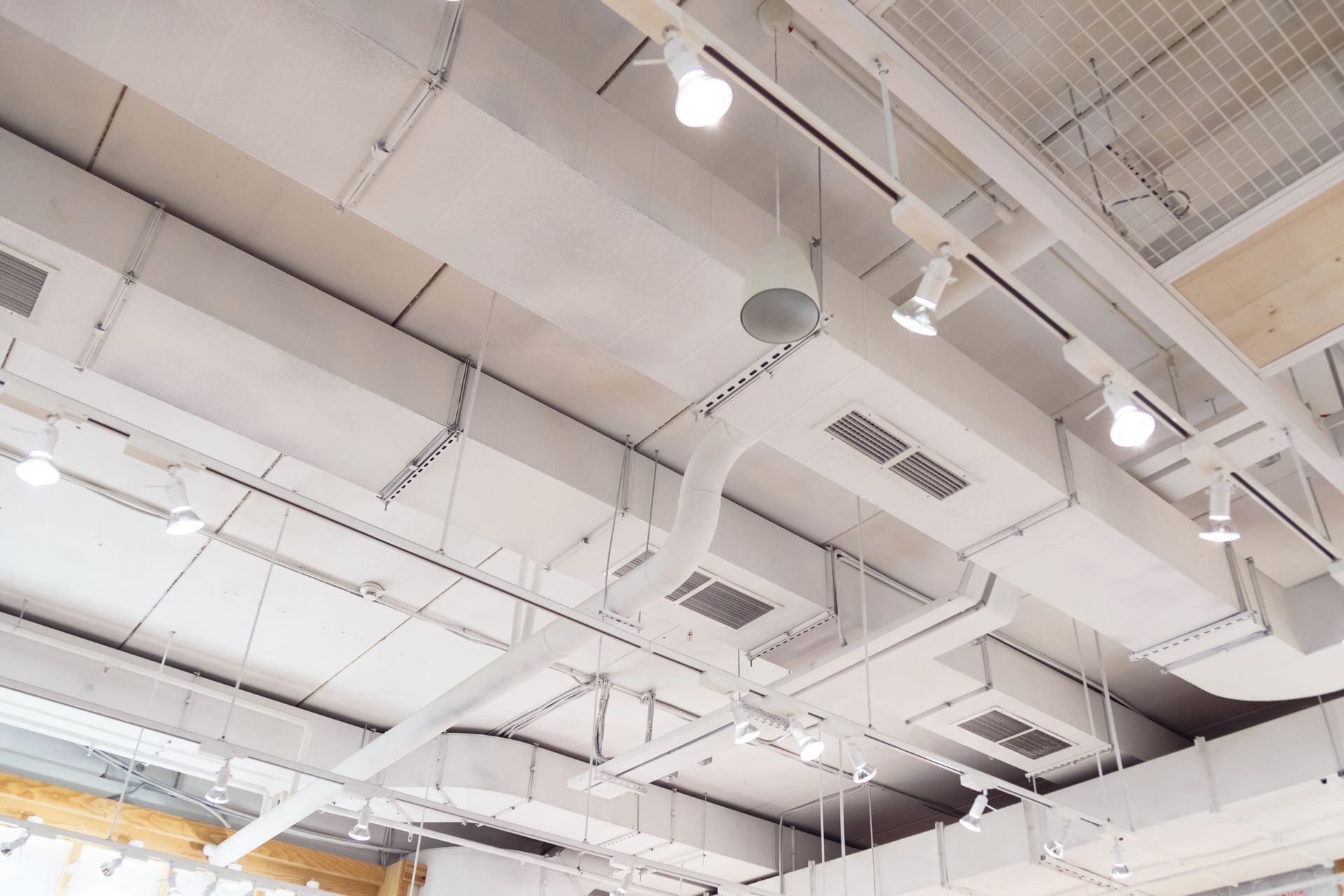Common HVAC System Repair Issues and How to Prevent Them in London, Ontorio

In London, Ontario, where temperatures swing from icy winters to humid summers, a reliable HVAC system isn't just a luxury—it's essential. Yet, many homeowners find themselves facing unexpected breakdowns, often at the most inconvenient times. Understanding the common issues that plague HVAC systems and how to prevent them can save both discomfort and costly repairs.
This comprehensive guide delves into prevalent HVAC problems, their underlying causes, and practical steps to prevent them. Whether you're a seasoned homeowner or new to property ownership, this information aims to keep your home comfortable year-round.
Key Takeaways
- Regular maintenance is crucial to prevent common HVAC issues.
- Early detection of problems can save on costly repairs.
- Professional inspections ensure system longevity and efficiency.
- Understanding your system's components aids in identifying potential issues.
Overview
HVAC systems, encompassing heating, ventilation, and air conditioning, are complex assemblies of components working in harmony to regulate indoor climate. Over time, wear and tear, environmental factors, and lack of maintenance can lead to a host of issues. From clogged filters to malfunctioning thermostats, each problem has its own set of symptoms and solutions.
By familiarizing yourself with these common issues and their preventative measures, you can enhance system efficiency, prolong equipment lifespan, and maintain a comfortable living environment.
Common HVAC Issues and Prevention Strategies
An HVAC system is one of the most critical components in your home, ensuring comfort throughout the year. However, like any mechanical system, it requires regular maintenance to keep running smoothly. Over time, common issues can arise, many of which can be easily avoided with proactive care. Understanding these problems, their potential implications, and how to prevent them can extend the life of your system, reduce repair costs, and improve energy efficiency.
1. Dirty or Clogged Filters
Issue:
Air filters in your
HVAC systemare designed to trap dust, pollen, and other airborne particles. While this helps maintain air quality, it also means that filters can become clogged over time, reducing airflow. This clogging forces the system to work harder to push air through, which can strain the system and lead to inefficiency.
Implications:
A clogged filter restricts airflow, causing the system to operate less efficiently, resulting in higher energy bills. Over time, the strain on the system can lead to mechanical failures, such as frozen coils or motor burnout.
Prevention:
To prevent this, it's important to replace or clean filters regularly. Depending on the usage and filter type, you should aim to check and clean or replace filters every 1 to 3 months. Regular checks ensure optimal airflow, allowing the system to run smoothly and efficiently.
2. Thermostat Malfunctions
Issue:
The thermostat is the brain of your HVAC system, regulating temperature and ensuring the system operates according to your settings. When the thermostat malfunctions, it may cause inaccurate temperature readings or, in worst cases, complete system failures.
Implications:
A malfunctioning thermostat leads to discomfort in the home due to inconsistent temperatures. Additionally, it can cause the system to operate unnecessarily, wasting energy and driving up your utility bills.
Prevention:
To prevent thermostat issues, test its accuracy regularly. Make sure it’s calibrated and that the batteries are replaced at least once a year. Upgrading to a programmable or smart thermostat can provide more accurate temperature control and help save energy by automatically adjusting the settings when you're not home.
3. Refrigerant Leaks
Issue:
Refrigerant is a critical component in the cooling process. It absorbs heat from the air and cools the space. When there is a refrigerant leak, the system's cooling capacity is reduced, making it difficult for the HVAC system to maintain a comfortable temperature.
Implications:
Low refrigerant levels not only reduce the system’s efficiency but also put additional strain on the compressor, potentially leading to its failure. This can result in costly repairs or even the need to replace the entire system.
Prevention:
Refrigerant leaks require professional attention, so it’s important to schedule annual inspections with an HVAC technician. During these inspections, they’ll check refrigerant levels, inspect for leaks, and top off refrigerant as needed to maintain system performance.
4. Electrical Component Failures
Issue:
HVAC systems rely heavily on electrical components, including capacitors, relays, and circuit boards. Over time, these components can wear out or fail, leading to system malfunctions.
Implications:
When electrical components fail, the HVAC system may stop working altogether, or it may operate inefficiently. This can lead to discomfort in your home and increased energy costs.
Prevention:
To avoid electrical failures, have your HVAC system inspected by a professional technician during routine maintenance. They will check the electrical components for wear and tear, replacing any damaged or outdated parts before they cause a failure.
5. Drainage Problems
Issue:
Air conditioning units produce condensation, which needs to drain properly to avoid water damage. If the condensate drain line becomes clogged or blocked, the water has nowhere to go.
Implications:
Blocked drains can cause water to back up and leak into the HVAC system, potentially damaging components. Over time, this can lead to mold growth, unpleasant odors, and costly water damage to your home.
Prevention:
Regularly inspect and clean the condensate drain line to ensure it is free of blockages. This can often be done during routine maintenance visits by an HVAC professional, preventing the buildup of debris that can clog the line.
6. Dirty Coils
Issue:
The evaporator and condenser coils in your HVAC system are responsible for absorbing and releasing heat. Over time, these coils can accumulate dirt, dust, and debris, which reduces their efficiency.
Implications:
Dirty coils force the system to work harder to achieve the desired temperature, leading to increased energy consumption and higher utility bills. In some cases, this can lead to system failure if the coils become too dirty to function properly.
Prevention:
Schedule annual professional maintenance to clean the coils. Technicians will remove any buildup of dirt or debris, ensuring the coils operate efficiently. This routine service can extend the life of your HVAC system and improve energy efficiency.
7. Ductwork Leaks
Issue:
Ductwork is responsible for distributing conditioned air throughout your home. Over time, ductwork can develop leaks or gaps that allow air to escape.
Implications:
Leaky ducts waste energy by reducing the system’s efficiency. This can lead to uneven temperatures in your home, with some rooms being too hot or cold. Additionally, air loss through leaks drives up your energy bills.
Prevention:
Have your ducts inspected regularly by a professional. Sealing any leaks or gaps ensures that your HVAC system is working efficiently and that air is being properly distributed throughout your home.
Maintaining your HVAC system is essential for comfort and energy efficiency. If you’ve noticed any of the issues discussed above, it’s important to address them promptly to avoid more serious damage. At Carver Sheet Metal, we specialize in HVAC system repair and maintenance. Our experienced technicians provide thorough inspections, quick repairs, and efficient solutions to keep your system running at its best.
For expert assistance with HVAC system repair, contact Carver Sheet Metal today at 1245 Sunningdale Road E, London, ON. Call (519) 555-3821, and our team will be happy to help with all your HVAC needs.
FAQs
Q: How often should I replace my HVAC filters?
A: It's recommended to replace or clean filters every 1-3 months, depending on usage and filter type. If you have pets or allergies, you may need to replace them more frequently.
Q: What are signs of a refrigerant leak?
A: Signs of a refrigerant leak include reduced cooling efficiency, hissing noises, and ice buildup on the evaporator coil. If you notice these symptoms, contact a professional immediately.
Q: Can I clean the coils myself?
A: While you can clean the coils' exterior, it’s best to have them thoroughly cleaned by a professional during routine maintenance to avoid damaging delicate components.
Q: How can I improve my system's efficiency?
A: Regular maintenance, timely filter replacements, sealing ductwork, and cleaning the coils can all improve your system's efficiency and reduce energy consumption.
Q: Is annual professional maintenance necessary?
A: Yes, annual inspections help identify and address issues before they become major problems, ensuring your system operates efficiently throughout the year.
Conclusion
Your HVAC system is essential to your home's comfort, especially in regions like London, Ontario, where extreme weather conditions are common. Regular maintenance and addressing common issues like dirty filters, refrigerant leaks, and electrical failures can ensure your system runs smoothly for years to come.
